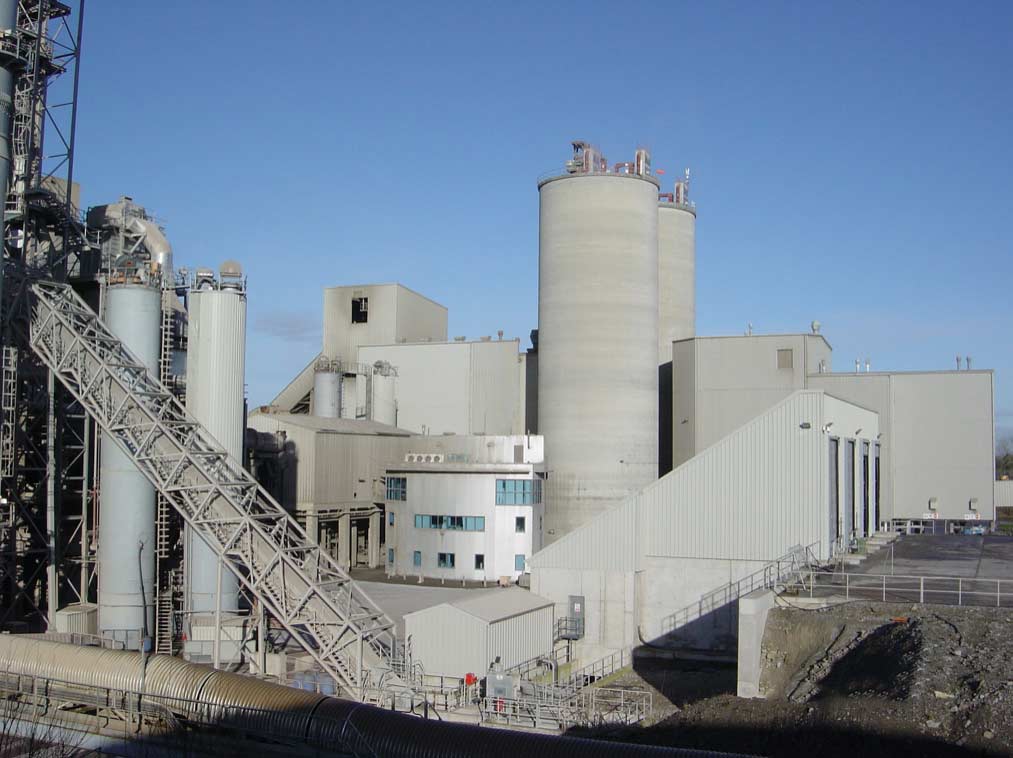Synthetic gypsum processing equipment plays a crucial role in modern industries by recycling waste materials into valuable resources. Industrial by-products like flue gas desulphurization (FGD) gypsum can synthetically produce gypsum, a mineral widely used in construction and agriculture. This process not only helps in waste reduction but also contributes to sustainable practices in manufacturing.
What is Synthetic Gypsum?
Flue gas desulphurization (FGD) creates synthetic gypsum by regulating sulphur dioxide emissions from coal-fired power plants. Burning coal releases sulphur dioxide into the air, contributing to air pollution and acid rain. FGD technology captures this sulphur dioxide and converts it into gypsum. This synthetic gypsum has similar properties to natural gypsum, making it suitable for various applications.

Processing Equipment Overview
The processing of synthetic gypsum involves several key equipment types:
- Crushers and Hammer Mills: These machines reduce the size of raw gypsum material into smaller particles, preparing it for further processing.
- Rotary Dryers: Gypsum undergoes drying in rotary dryers to reduce moisture content after crushing. Lower moisture levels are critical for effective processing and product quality.
- Grinding Mills: It is necessary to grind gypsum to meet specific application requirements finely. Grinding mills like ball mills or vertical roller mills finely powder gypsum.
- Calcining Equipment: Calcination heats gypsum to remove water molecules, transforming it into a dry powder called calcined gypsum or plaster of Paris. This step commonly uses rotary kilns or flash calciners.
- Material Handling Systems: Conveyors and material handling systems transport gypsum between equipment units throughout the processing line. This ensures efficient workflow and minimizes manual handling.
Applications of Synthetic Gypsum
Synthetic gypsum finds applications across various industries:
- Construction: Plasterboard (drywall) production uses it to provide fire resistance, sound insulation, and smooth surface finishes.
- Agriculture: Gypsum improves soil structure and fertility by reducing soil compaction and enhancing water retention. It also supplies plants with essential nutrients like calcium and sulphur.
- Cement Production: Adding gypsum to the cement clinker controls the concrete’s setting time and improves workability.
- Environmental Remediation: Synthetic gypsum can reclaim degraded lands and improve soil quality, supporting ecological restoration efforts.
Benefits of Synthetic Gypsum Processing
Processing synthetic gypsum offers several advantages. It promotes environmental sustainability by recycling industrial waste, thereby reducing the need for landfill disposal and conserving natural gypsum resources.
It enhances cost-effectiveness as synthetic gypsum can lower production costs compared to natural gypsum, making it an economically viable alternative.
Moreover, advanced processing equipment ensures consistent quality and purity of synthetic gypsum, meeting stringent industry standards.
Its versatility enables tailoring to specific applications through precise processing techniques, enhancing its utility across diverse sectors. These benefits show how synthetic gypsum processing helps the environment and meets the needs of different industries well.

Future Trends and Innovations
The synthetic gypsum processing industry continues to innovate:
- Advanced Technologies: Ongoing research focuses on optimizing processing efficiency and reducing energy consumption through advanced equipment designs.
- Sustainable Practices: Efforts are underway to minimize further environmental impacts of gypsum processing, including water and energy usage.
- Market Expansion: Growing awareness of sustainability drives demand for synthetic gypsum, prompting expansions in production capacities and technological capabilities.
The Bottom Line
Synthetic gypsum processing machines turn waste from industries into valuable materials used in construction, agriculture, etc. Using efficient and eco-friendly methods, this helps the environment and meets the needs of modern factories. As technology improves and more opportunities arise, synthetic gypsum is essential for managing resources and promoting sustainable development globally.



